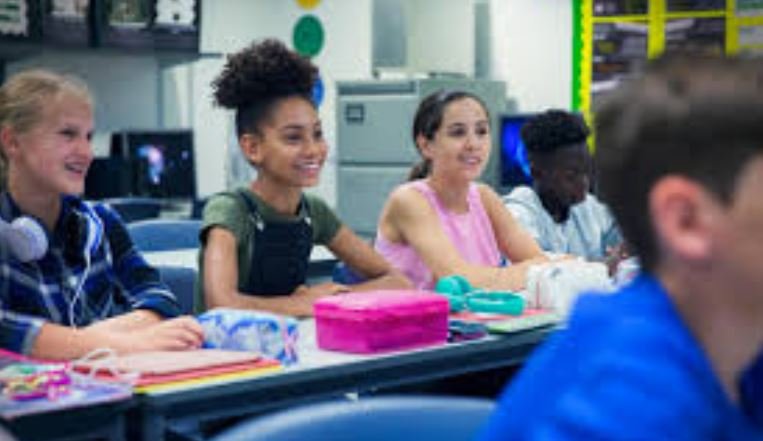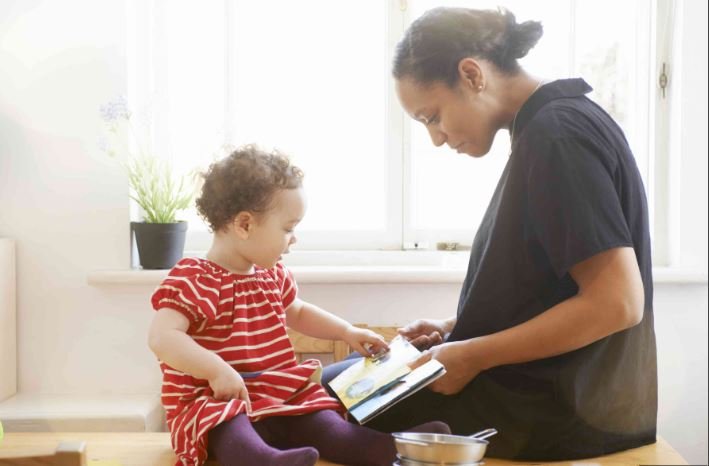Schools serve as more than just centers of academic learning; they play a vital role in shaping students’ social skills and emotional intelligence. This article explores how schools contribute to the holistic development of students through various educational practices and social interactions.

Cultivating Peer Relationships and Collaboration
One of the primary roles of schools is to provide environments where students can develop meaningful peer relationships and learn collaborative skills. Through group projects, team activities, and extracurricular clubs, students learn to work together, resolve conflicts, and appreciate diverse perspectives.
Promoting Social Emotional Learning (SEL) Curricula
Many schools integrate Social Emotional Learning (SEL) curricula to teach students essential life skills such as empathy, self-awareness, and responsible decision-making. These programs help students understand and manage their emotions effectively, fostering positive social interactions and resilience.
Encouraging Inclusive and Respectful Environments
Schools play a crucial role in promoting inclusivity and respect among students from diverse backgrounds. By celebrating cultural diversity, addressing bullying through anti-bullying policies, and organizing inclusive events, schools create safe spaces where all students feel valued and accepted.
Developing Communication Skills Through Education
Effective communication is a cornerstone of social growth. Schools facilitate the development of communication skills through class discussions, presentations, debates, and public speaking opportunities. These activities empower students to express themselves confidently and articulate their ideas clearly.
Fostering Leadership and Teamwork
Schools encourage leadership development and teamwork through student councils, sports teams, and leadership programs. By providing opportunities for students to take on roles of responsibility and collaborate with peers, schools nurture qualities essential for future success in professional and personal settings.
Addressing Social Challenges and Conflict Resolution
Schools teach students valuable skills in conflict resolution and peer mediation. By implementing restorative justice practices and teaching negotiation techniques, schools empower students to manage conflicts constructively and build positive relationships.
Supporting Extracurricular Activities and Clubs
Extracurricular activities and clubs play a significant role in students’ social development outside the classroom. Whether in arts, sports, debate, or community service clubs, students learn teamwork, discipline, and time management skills while forming lasting friendships and exploring personal interests.
Providing Guidance Counseling and Mental Health Support
Schools offer guidance counseling services to support students’ social and emotional well-being. Counselors provide individualized support, mentorship, and resources to help students navigate personal challenges, academic pressures, and social transitions effectively.
Integrating Technology for Social Learning
In today’s digital age, schools use technology to enhance social learning experiences. Virtual classrooms, online forums, and educational apps facilitate collaborative projects, peer feedback, and global connections, enriching students’ social interactions and learning experiences.
Encouraging Civic Engagement and Social Responsibility
Schools instill values of civic engagement and social responsibility by promoting community service projects, volunteering opportunities, and environmental initiatives. These experiences help students develop empathy, compassion, and a sense of responsibility towards society.
Conclusion: Nurturing Social Growth Through Educational Excellence
In conclusion, schools play a pivotal role in fostering social growth and development among students by promoting peer relationships, social emotional learning, communication skills, leadership, and inclusivity. By integrating these strategies effectively, schools prepare students to become confident, empathetic, and socially responsible individuals capable of thriving in diverse personal and professional environments.



